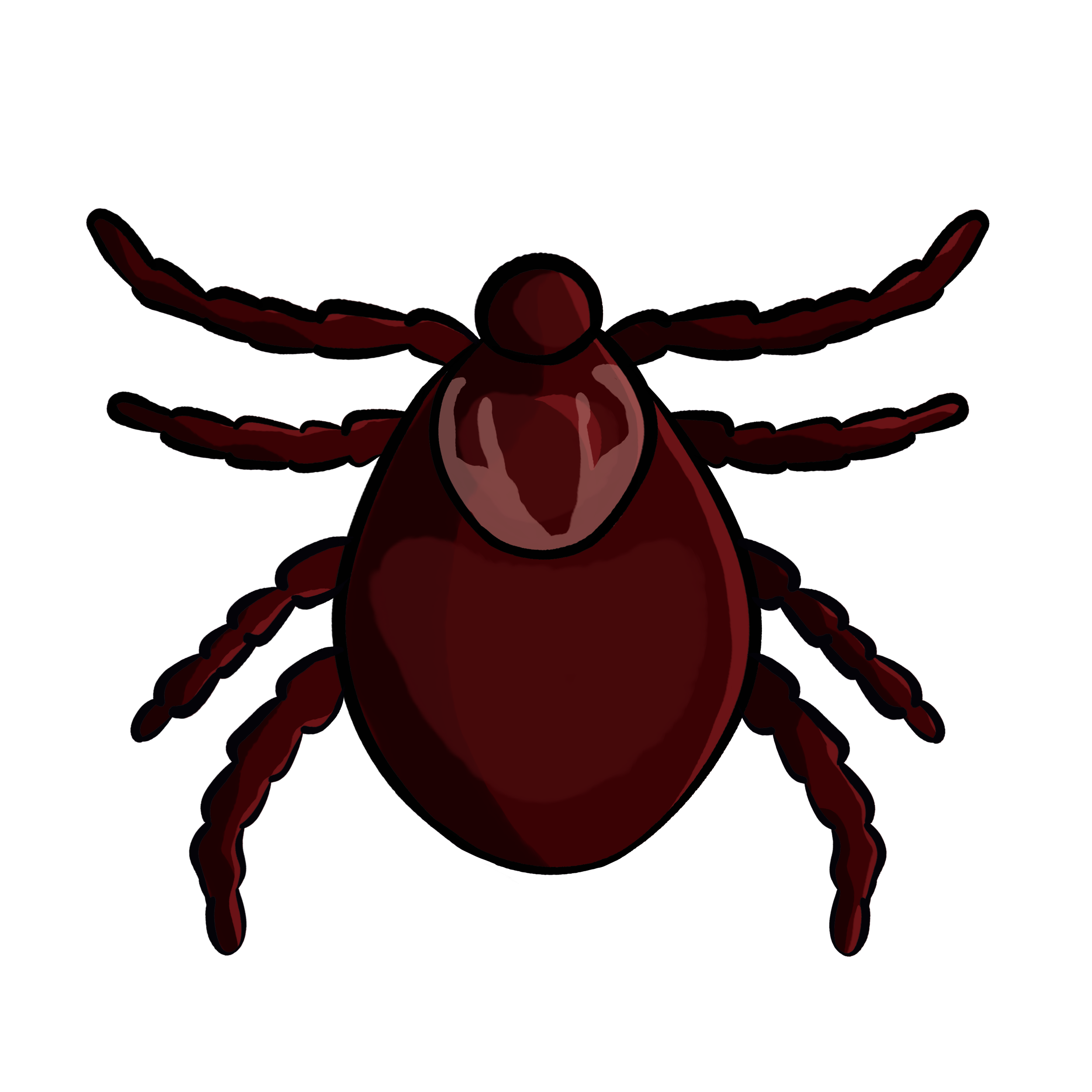HUMANS OF TYSON 2021
Sacha Heath
(she/her)
Biodiversity Postdoctoral Fellow
Living Earth Collaborative
I hope that we can start paying attention to science more and start to communicate better.
Does science inspire you?
Am I inspired by science in particular? Interesting. I'm going to be honest, on any given day I question whether science in and of itself is something that brings me hope. I'm realizing in this current social-political environment how science must be combined with effective communication. It must be connected with a purpose around that science. We've seen with COVID-19 that if you just throw science at people, that's not even half the battle in terms of them changing their behavior or taking any responsibility for what the future is going to look like.
To tie it into my work a little bit, I've been lucky to have human interactions with homeowners this year. St. Louis Audubon, who I collaborate with, helps homeowners figure out how to improve native habitat in their yards and that sort of thing. The science is just one small part of this project. The other part is people out there actually physically digging in the dirt and planting native plants and seeing more birds on their property. There's been a general trend towards people realizing that science in a vacuum has its place, maybe in some cases, but for the most part, if we want to use it to better interact with this planet or help us manage our landscapes better, science is only a sliver of what we need to be doing. You know, scientists aren't always the best equipped to be communicators. It’s key to collaborate with people who are good communicators. Our team this year has real diversity in terms of the interests among the students and they're all bringing different components to the work, which are not exclusively science. They include art and economics and social justice.
“From the city to the county, people are pushing the boundaries of what has been socially acceptable and trying to create habitats in the places where we live and work. It’s an empowering and hopeful activity.”
What project are you working on this summer?
For my project, I'm specifically looking at the effects of backyard bird conservation initiatives with a program called “Bring Conservation Home” which is led by the St. Louis Audubon Society. We are encouraging homeowners to increase native vegetation in their yards, remove invasives, and to do other wildlife-friendly, conservation practices like collecting gray water from rainfall, from their roofs, that sort of thing. Homeowners all get credit for that and then they get certified based on the amount of activities that they've done. So, what I'm doing, along with some colleagues at St. Louis University, is measuring wildlife and ecological responses to those homeowner activities and to urbanization across the St. Louis Metro area.
You've been able to create strong relationships with the homeowners. How's that been?
It's been great and interesting. Last year, due to COVID, I was just this masked person that dropped things off on their front door. I've been able to meet most of them now. I'd say for the most part, it makes me think a little bit about your question regarding hope because, here are people who have their homes, and these are homes ranging from deep in St. Louis city to way out in the county. There are neighborhoods that are suburban and part of homeowners associations – very controlled in terms of what one can do in one’s yard. But even in those environments, people are pushing the boundaries of what has been socially acceptable in these places and trying to create habitats in the places where we live and work. It’s an empowering and hopeful activity because it makes you feel like your individual actions can have kind of a rippling effect across a broader region.
Sacha collaborates with Solny Adalsteinsson and has worked with Solny’s Tick & Wildlife Ecology team during summers 2019, 2020, and 2021. Learn more about St. Louis Audubon Society’s Bring Conservation Home Program here.


